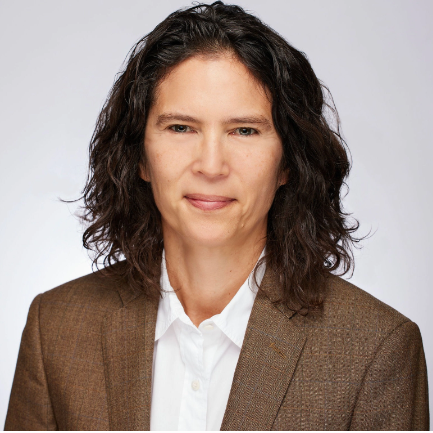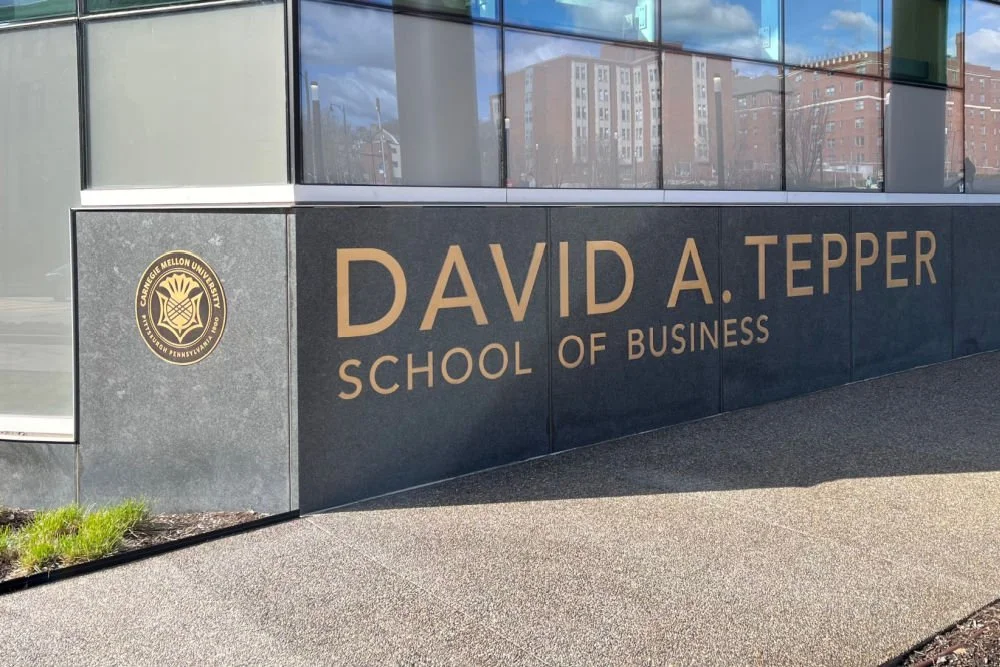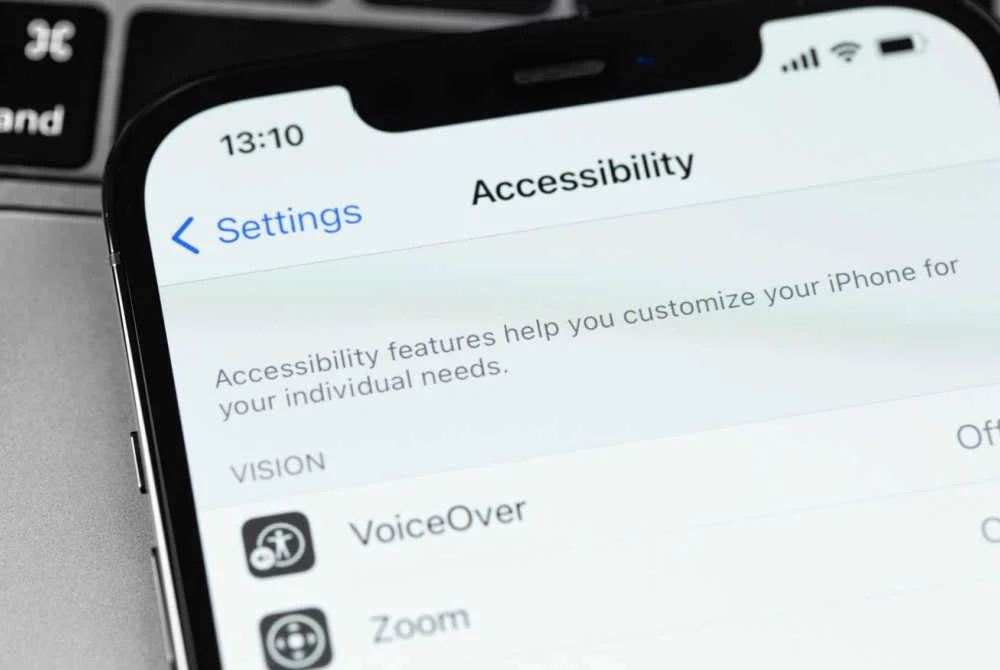Game Changer? Just Maybe. Why Gates' Move Into Anti-Poverty Work Is a Big Deal
/RVs housing the homeless in silicon valley. photo: Phyllis Peterson/shutterstock
Editor's Note: This article was originally published on May 3, 2018.
The Gates Foundation is getting into anti-poverty work in the United States in a big way with a four-year, $158 million initiative. The move is a significant departure from the foundation’s past domestic endeavors, which focused almost exclusively on education.
Though the initiative represents a pivot, Gates’ commitment to education played a major role in pushing the foundation in this direction, CEO Sue Desmond-Hellmann told Inside Philanthropy.
“We got into this space because of all the years we worked in education,” Desmond-Hellmann said. “Education leaders told us that to give students the best chance at success, we would have to engage with the problems that face students outside the classroom.”
Jane Waldfogel, a Columbia University professor who wrote Too Many Children Left Behind, is among those experts who've long been arguing for a broader approach to improving student outcomes. Her research supports a link between what happens outside school and kids’ success in the classroom.
“The U.S. has very large achievement gaps between children from low- and high-income families—large relative to what they were historically and also large relative to the gaps in other countries,” Waldfogel said. “We also know that a substantial portion of these achievement gaps is due to factors outside of school.”
Gaps that exist before kids start school tend to widen once they arrive, she said. “Although, of course, schools have a critical role to play in reducing achievement gaps, there is also a critical role for policies to help level the playing field outside of school.”
For years, poverty has been one of the most polarizing issues in education. Reformers pushing for more choice and accountability have insisted that poor kids could make big gains if they just had better schools and teachers, and said that defenders of the status quo too often used poverty to excuse failing education systems. Progressives, in turn, charged that the school reform movement had unrealistic expectations for low-income students and was failing to reckon with deep structural inequities in U.S. society.
Traditionally, the Gates Foundation has been a leader of reform funders focused strictly on schools. But as Bill Gates himself has acknowledged, after years of often disappointing results from its K-12 work, the foundation is finally broadening its approach to look at factors outside the classroom.
The new initiative has some education experts on the left enjoying a moment of vindication. “I have said repeatedly that the foundation should focus on the root cause of low test scores, which is poverty,” said NYU professor Diane Ravitch, an education historian and one of Gates' harshest critics. “So I am very pleased that the foundation is taking an important step in this direction.”
This move, moreover, comes after a recent pivot by the Gates Foundation on its K-12 work to back locally driven efforts to improve schools, after years of criticism for its top-down approach.
The Next Four Years
Gates has pledged $158 million to the initiative, instantly making it a major player in anti-poverty funding, but the foundation seems keenly aware of its limits.
“$158 million is a lot of money, but it’s small in the world of poverty and compared to what governments and others already spend on poverty, so this will require partnerships,” Desmond-Hellmann said.
Desmond-Hellmann makes it sound like collaboration will be the name of the game. She is careful to acknowledge the work already happening in the space on the community level and nationally through other funders like the Ford Foundation. Gates is eager to work with and learn from those with more experience, she said, and hopes this initiative will provide the opportunity.
Gates has already been engaged in learning through a two-year project with the Urban Institute called the U.S. Partnership for Mobility from Poverty, which brought together poverty experts from the left and right. The group was charged with exploring ideas and innovations that could be used to combat poverty.
The group visited more than 30 communities with high poverty levels, where partnership members heard from residents about their wants and needs. Throughout the spring, the partnership has issued reports on the ideas that it believes have promise to move the needle on domestic poverty.
Partnership member Bob Greenstein, who founded and heads the Center on Budget and Policy Priorities, is excited about where the Gates Foundation is headed with its new initiative.
“As someone who has spent most of my professional life working on these issues with poverty and mobility, I do think it would be wonderful if the Gates Foundation—not just in terms of its resources, but in terms of its approach and its track record—decided to become substantially involved in this as one of its areas.”
The foundation’s plans for the next four years draw heavily from the partnership’s reports and recommendations, which Greenstein played a role in creating as a member of the group. For this initiative, Gates plans to focus on five core areas, Desmond-Hellmann said.
First, the foundation will take a look at the state of jobs in the U.S.—specifically working class jobs that no longer pay a living wage or offer the benefits, job security or career opportunities that they once did. This is interesting, because few funders, even those working in the field for a long time, take an approach that addresses workers’ rights and labor policy, as IP has noted in the past.
Gates is also keen to improve data on community-based anti-poverty efforts to foster a better sense within the field of what works, what doesn’t and why. In addition, the foundation plans to make empowering local actors a priority, through connecting them to others in the field and learning what their needs are. And Gates intends to make cross-sector coordination a big part of this work because poverty is linked to so many factors, including health, housing, race, gender, family and jobs.
Another priority will be to shift the narrative around poverty. The partnership found that the way society talks about poverty draws from misconceptions about why people are poor and how they become prosperous.
Central to this new push is the Gates Foundation's view that it can add value to anti-poverty efforts by acting as a convener and helping connect work already happening in the field. Much of the activity the foundation plans to support is on the community level, which can sometimes feel isolated from work happening elsewhere, Desmond-Hellmann said. The foundation aims to connect leaders from different communities and collect and share data on what’s working and what isn’t.
What this Means for the Future
Gates is the biggest foundation in the United States, and its entry into anti-poverty work is hugely significant. But don't think of it as the 900-pound gorilla in this funding space quite yet.
While Desmond-Hellmann said the new initial stream of grants and activity is a sign of more to come, she also said it’s too early to say what future initiatives might look like since the foundation is still getting started with this work.
“Two years from now, we’ll be smarter, and two years from then, we’ll be even smarter,” she said. “All of that conspires to say, I don’t know what the outcome will be, but I do know that Bill and Melinda are absolutely committed… to create the opportunity for us and others to drive change on mobility. They’re incredibly excited about this.”
Longtime champions of anti-poverty work are optimistic about Gates’ new commitment to the field. Waldfogel welcomed the news and called the partnership’s report a “terrific base” for the work. Greenstein said the work had “very important potential over a number of years to move the country forward.”
The think tank president also said he hoped that Gates' high-profile move here would lead to further philanthropic interest in anti-poverty work. It’s a wish that the Gates Foundation shares, according to Desmond-Hellmann.
The hope is to use Gates’ platform to get local foundations and individual donors already working in communities to include economic mobility in the causes they fund.
“A lot of philanthropists are deeply touched by their own experiences, where they grew up, where they raised their kids, where they went to college, where they created new businesses,” Desmond-Hellmann said. We see that this place-based focus, this community-based focus has a big, big impact on philanthropists, and where they want to invest and whom they want to partner with and the communities that they’re passionate about.”
If the foundation is able to harness local enthusiasm and direct it toward anti-poverty work, it could have a multiplying effect on what Gates is able to accomplish on the national level.
Though the way forward is still a bit fuzzy, and it's uncertain that the foundation will be able to marshal the local support it hopes for, one thing is clear. Gates is moving into economic mobility in a big way, and long term, that's likely to be a game changer for the anti-poverty field.
Related:







































